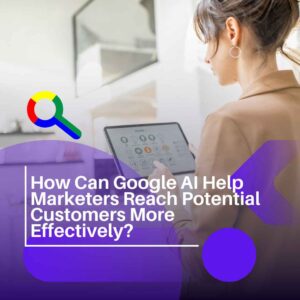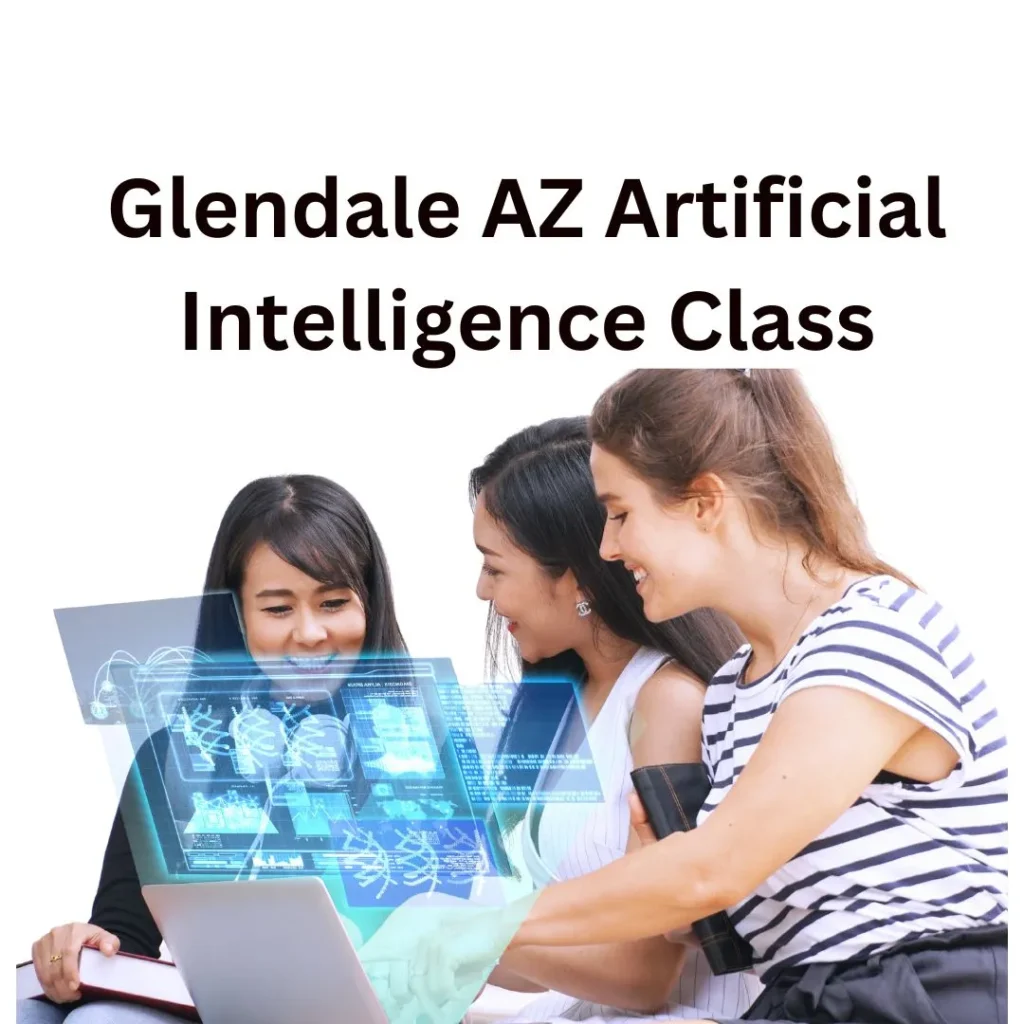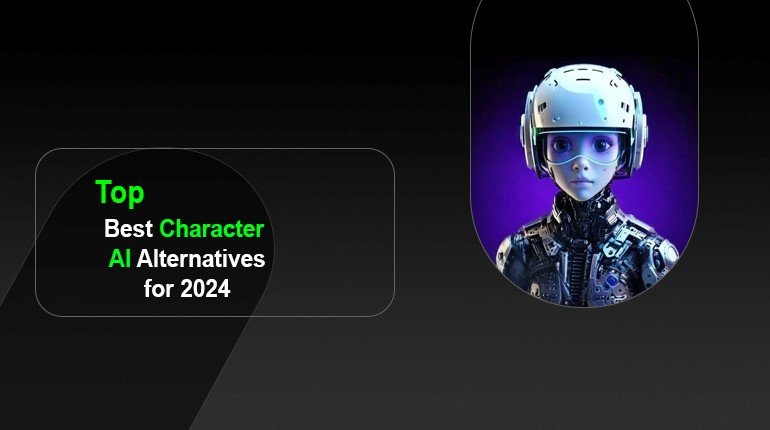Introduction
Google AI Marketing is transforming how businesses connect with customers in today’s digital world. By leveraging AI-driven tools, marketers can personalize content, optimize ads, and predict consumer behavior more accurately.
How Google AI Enhances Customer Reach
Google, a pioneer in AI-driven marketing, provides powerful tools that personalize customer experiences, optimize content, and predict consumer behavior with accuracy. But how exactly can Google AI help businesses reach potential customers more effectively? Let’s explore.
Personalization: Delivering the Right Message to the Right Customer
Modern consumers expect personalized experiences. Google AI helps businesses analyze customer behavior, preferences, and search intent to tailor marketing messages.
- Google Ads AI – Automatically adjusts ads based on user interests, location, and past interactions.
- Dynamic Search Ads – AI-generated headlines and descriptions ensure relevance to search queries.
Example: A fashion brand can show winter clothing ads to users in cold regions while displaying summer outfits in warmer areas. This is powered by AI-based geo-targeting.
Stat: According to Google, AI-driven ads can increase ad engagement by 15-20% due to better targeting and personalization.


Predictive Analytics: Forecasting Customer Behavior
Predictive analytics helps marketers anticipate trends, customer intent, and purchase likelihood. Google AI uses historical data, machine learning, and real-time insights to:
- Optimize campaign timing for maximum impact.
- Identify high-converting audience segments.
- Detect potential customer churn risks.
- Google Analytics 4 (GA4) – AI-powered insights help businesses make data-backed marketing decisions.
- Performance Max – Uses predictive AI models to automate ad placements across Google’s network.
Stat: A Salesforce study found that 84% of marketers using AI-driven predictive analytics reported higher ROI and improved customer engagement.
AI-Powered Chatbots: Instant Customer Engagement
Chatbots powered by Google AI enable businesses to engage with potential customers 24/7. They answer questions, recommend products, and improve conversions.
- Google Dialogflow – Advanced AI chatbot framework that understands natural conversations.
- Google Bard AI – Uses Natural Language Processing (NLP) to enhance chatbot responses.
Example: An e-commerce store can use AI chatbots to recommend products based on user browsing history. This leads to higher engagement and increased sales.
Content Optimization: AI-Generated Marketing Strategies
Content remains king, but AI-optimized content makes it smarter. Google AI enhances content marketing by:
- Generating SEO-friendly topics and ad copy.
- Identifying high-performing keywords.
- Analyzing audience sentiment for better engagement.
- Google Natural Language API – Helps marketers refine content based on audience insights.
- Google RankBrain (SEO AI Tool) – Improves search rankings by understanding user intent behind queries.
Example: Google AI suggests high-traffic keywords for blog posts, helping content rank higher on search engines.
Stat: HubSpot reports that AI-powered content marketing increases engagement by 50%, as it aligns with real-time user demand.
Customer Segmentation: Targeting the Right Audience
Google AI takes customer segmentation to the next level by automatically classifying users based on:
- Demographics (age, gender, location, interests).
- Behavioral patterns (search history, purchase habits).
- Engagement levels (frequent visitors vs. one-time users).
- Google Audience Insights – AI-powered segmentation allows businesses to fine-tune ad targeting.
Stat: According to Think with Google, businesses using AI-driven audience segmentation see twice the conversion rates compared to traditional methods.
Benefits of Using Google AI in Marketing
- Higher ROI – AI optimizes ad spending for maximum returns.
- Time-Saving Automation – Reduces manual workload, allowing marketers to focus on strategy.
- Improved Accuracy – AI removes guesswork by analyzing real-time customer data.
- Better Engagement – Personalized marketing leads to stronger connections with customers.
Challenges of Using Google AI in Marketing
- Data Privacy Concerns – Marketers must comply with GDPR and data protection laws.
- Learning Curve – AI tools require proper setup and understanding.
- Over-Reliance on Automation – AI enhances marketing, but human creativity remains essential.
How to Get Started with Google AI in Marketing
- Set up Google Analytics 4 (GA4) to track AI-powered insights.
- Use Google Ads Smart Bidding to automate and optimize PPC campaigns.
- Implement Google AI chatbots for instant customer support.
- Leverage AI-powered content tools to boost SEO and engagement.
- Continuously analyze AI-driven reports and adjust marketing strategies accordingly.
Conclusion
Google AI is revolutionizing digital marketing, empowering businesses to reach the right audience with precision and efficiency. By utilizing AI-driven personalization, predictive analytics, chatbots, and content optimization, marketers can significantly boost engagement, conversions, and revenue.

